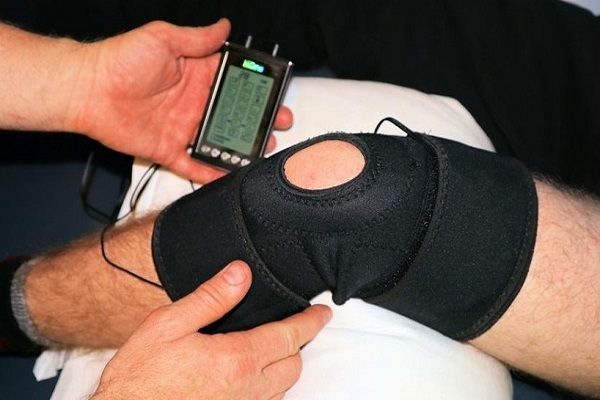
Follow us Now on Telegram ! Get daily 10 - 12 Interesting Updates. Join our Telegram Channel https://t.me/OhWomen
Download Telegram App before Joining the Channel
Mrs. Sukhjit Sandhu (Name Changed) was quite sceptical about getting her knee replacement surgery after she witnessed how her husband always had some muscle pain when he walked or stood for a long time. His knee bending and range of motion also became limited, despite the passing of three years from the date of his surgery. Seeing his poor condition, despite the fear, her surgery was successful, and she went back to her normal life within a couple of days of her replacement.
Mrs. Sandhu is one of the hundreds of happy patients to have successfully undergone robotics-assisted total knee replacement surgery since the launch of the internationally acclaimed and proven NAVIO Robotics Surgical System in India.
Originally developed in the US and approved by the US FDA after elaborate pre-clinical, clinical, and technical assessments for years, the system boasts of assisting surgeons across major hospitals in the US, Europe, Australia, and India, with thousands of patients benefiting every year from its precision, unparalleled results, and advanced Artificial Intelligence (AI) that helps these surgeons deliver patient satisfaction at the highest level so far.
Conventional knee replacement v/s robotics knee replacement
Though conventional joint replacement is a successful and safe procedure, out of the nearly 2,10,000 joint replacement procedures done every year in India, roughly 25 percent of the operated patients are still unsatisfied with their outcomes. That is close to 50,000 unhappy patients due to residual pain, restricted mobility, and an overall compromised lifestyle. Why does that happen despite skillful surgeons, bone cutting tools and some great hospital infrastructure in the non-robotic surgeries?
It's primarily because there is still a lot of room for improvement to overcome human error and complex patient conditions. That's where Robotics and Self learning Artificial Intelligence has come to the picture. It is definitely not a substitute for the surgeon. They merely assist the surgeon to ensure that there is accuracy and precision that the naked eye perceives and surgeons can do their best to achieve great results with highest patient satisfaction, every single time, in every type of joint in every patient, every day.
Benefits of Robotics knee replacement
Robotics is being adopted in every field and is being used now to successfully perform knee replacement procedures more precisely and accurately than ever before. Robotic knee replacement helps create a precise real-time image of the knee and then, by using a robotics-assisted hand piece which is operated by the surgeon, relays patient-specific information to the brain box of the robot in the operating room. The process creates a real time 4D model of the joint on the surgical table in a dynamic manner, eliminating the need for any CT scan or MRI prior to the knee operation. It allows surgeons the control to create a patient-specific plan in the Operating Room and the confidence to execute with 100 per cent robotic precision.
The robotic assistance ensures perfect execution of the customised plan. This leads to better implant fixation and longer-lasting implants because of perfect alignment. There is also less bleeding, less removal of bone, and better preservation of natural ligaments and structures that make the patient recover faster after surgery, have a much higher and pain-free range of motion, no muscle strain or instability, and a highly natural feeling so that the patient almost forgets that surgery was even done.
Source - IANS